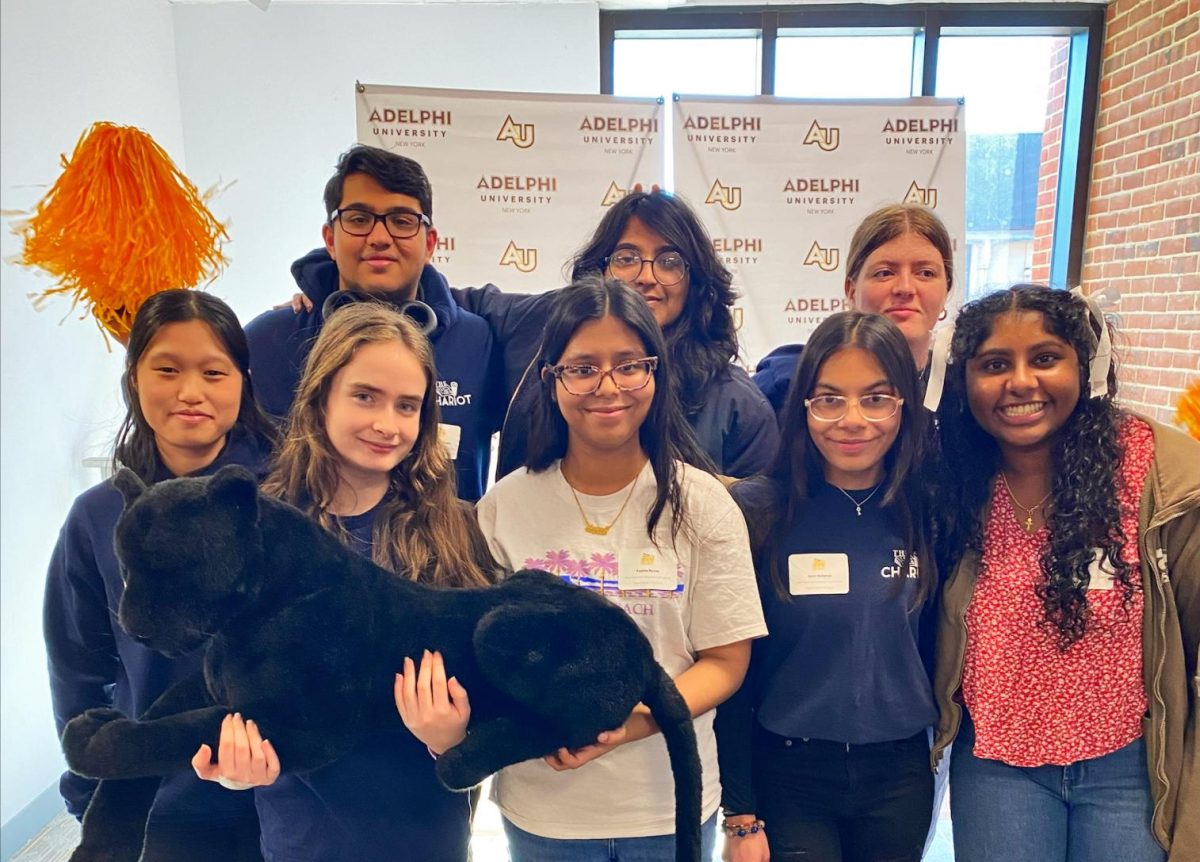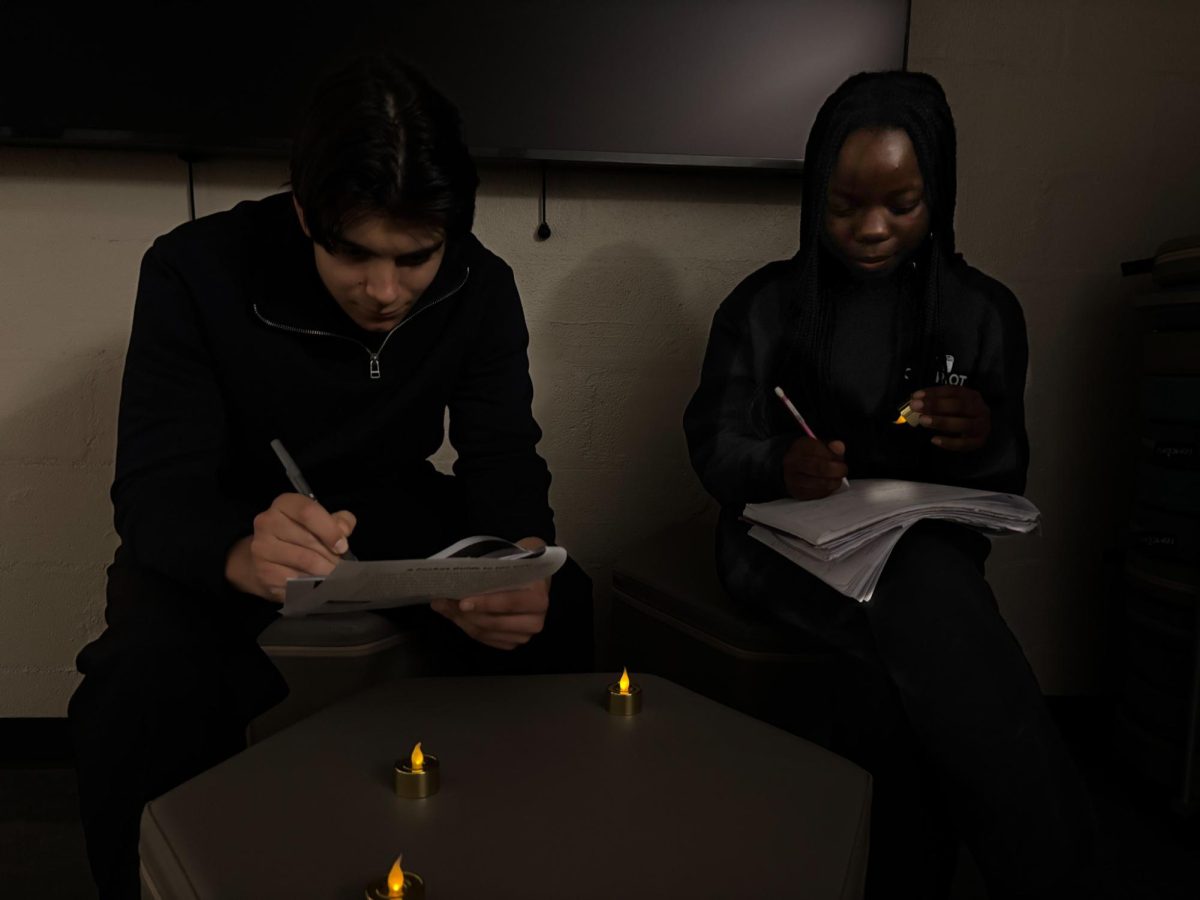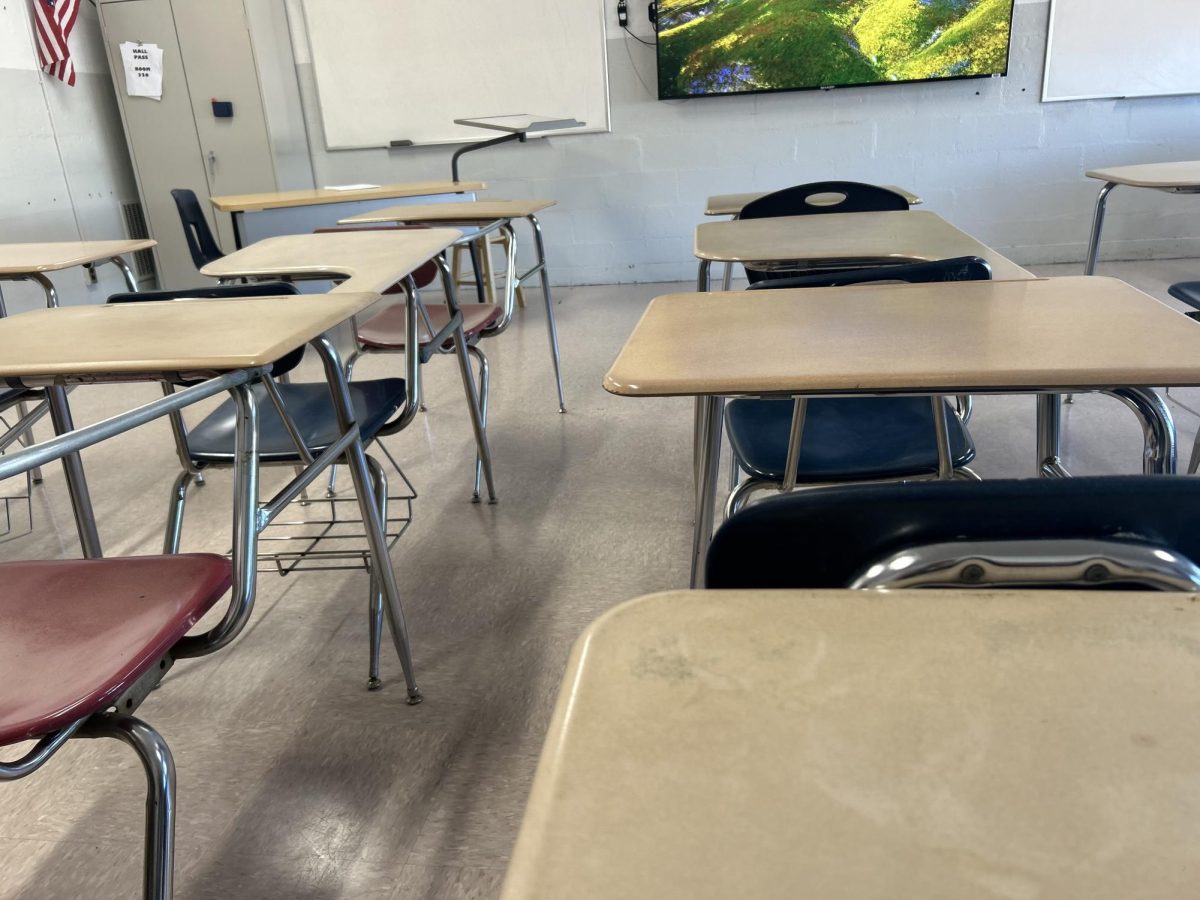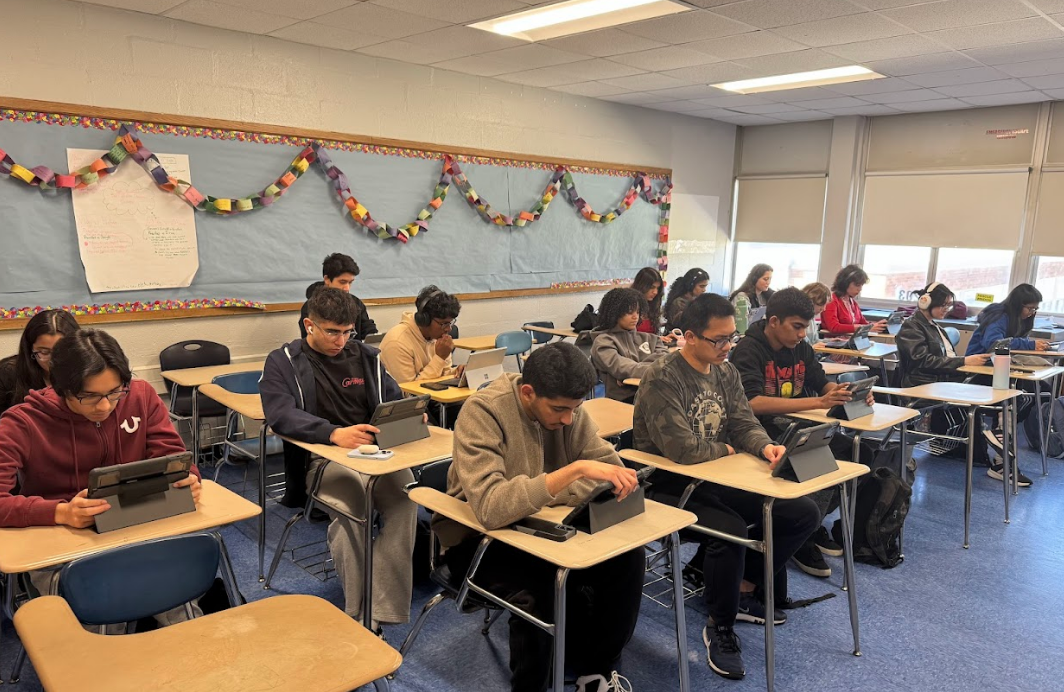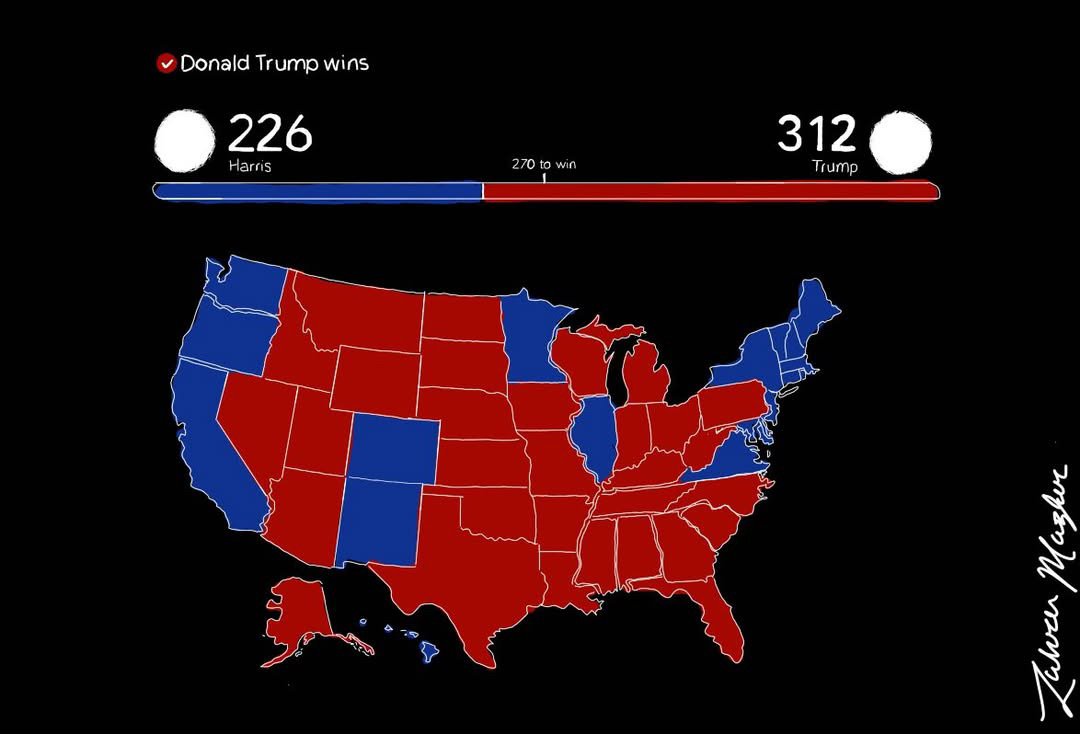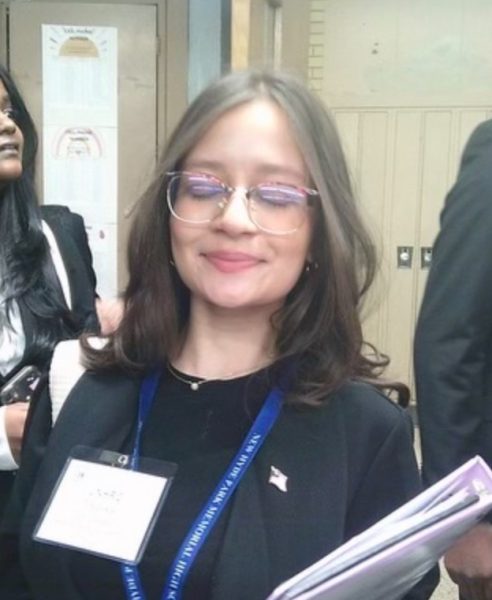On November 5, the highly anticipated 2024 United States elections took place. This day marked the culmination of a heated political battle between former President Donald J. Trump and incumbent Vice President Kamala Harris. The elections hold a special significance for voters across the country, as over 150 million voters of all ages, class and identity chose their future leaders, exercising their constitutional right of democracy.
As the pivotal day drew nearer, both candidates reinforced their political positions on relevant key issues such as the economy, healthcare, foreign policy and immigration. Harris’ campaign, while only a few months old, established plans such as family tax benefits, guaranteed abortion rights and climate action as the focal points. On the other hand, Trump’s campaign was primarily centered on ideals concerning border security, increasing tariffs and drilling for more natural resources. These highly divisive policies were topics of debate for the American public, including many NHP students.
“In terms of policy, I think Trump’s policy on tariffs will be quite annoying and will only lead to citizens paying more for products,” senior Joseph James said. “His policy on immigration is concerning to me, especially considering the rhetoric he uses to describe migrants. It causes harm to all immigrants, regardless of their legal status.”
“Between the two ballot options, I think the best candidate for president won,” junior Rocco Lipari said. “As someone who comes from a family of legal immigrants, I believe Trump’s policies on immigration are particularly beneficial.”
Preceding Election Day, both candidates were nearly tied in polling, with Harris leading polling averages by around 1.2%. However, Trump led in the majority of swing states, with a margin slightly below 1%. These swing states, due to the nature of the electoral college process, were particularly crucial in deciding the next president. Since the electoral college system is generally a “winner-takes-all” system among states based on their respective popular votes, states with lower popular vote margins (particularly those less than 2%) become of utmost importance for candidates to gain as many electoral votes as possible.
On Election Day, millions of voters came in to cast their ballots and vote for their preferred politicians and representatives for all forms of government. Many exit polls suggested that the top issues for voters were democracy and the economy. Unlike the “red mirage” of the 2020 presidential elections—when numerous formerly Republican-leaning states voted Democrat—several swing states during the 2024 race were called in favor of Trump. Eventually, news outlets across the country announced the race over, calling the election in favor of 45th President Donald Trump. The result was 312-226 electoral votes in Trump’s favor. In an unexpected turn of events, Trump won every swing state and the popular vote, a feat which hasn’t been seen since 2004 with George W. Bush.
“I think the election was extremely close for a candidate who joined the race only a few months ago,” James said. “Even so, Kamala Harris losing the popular vote was a pretty big surprise.”
In addition, elections for the Senate, House, governor and more also take place on the same day, being just as indispensable as the presidency. Currently, Republicans hold a majority in both the House and Senate. This means the federal executive branch and both chambers of the legislative branch are under Republican control, completing a governmental trifecta. Along with a majority in appointed Supreme Court justices, Republicans have consequently secured a significant influence on laws, regulations and overarching governmental functions during this election cycle.
President-elect Donald Trump will be inaugurated as the 47th president on January 20. This would make him the oldest president to ever be inaugurated, ahead of Joe Biden. Furthermore, Trump will be the second-ever president—after Grover Cleveland during the late 1800s—to be elected in non-consecutive terms. Regardless of political affiliation, many NHP students have expressed their optimism for the future under a new president.
“This election cycle was really dynamic and had plenty of unexpected twists and turns across the board,” sophomore Andrew Seto said. “While the candidate of my choice didn’t make it, I am content with the results and look forward to the new leadership in Washington.”






















